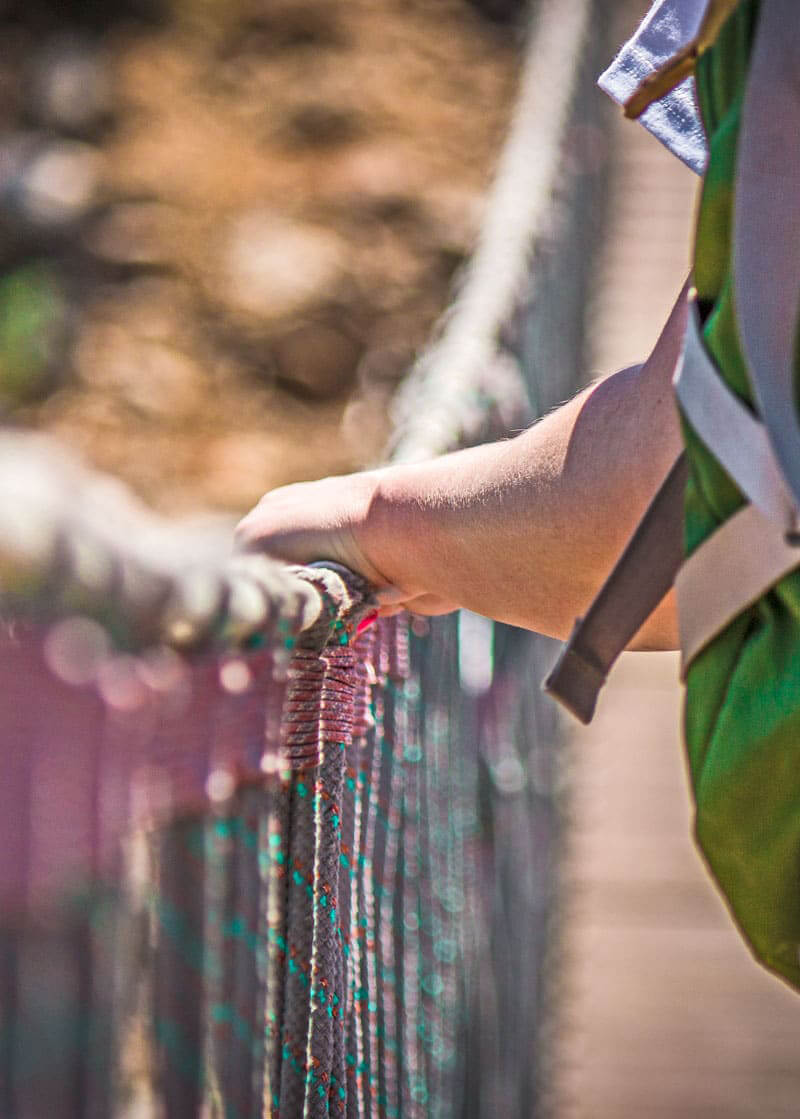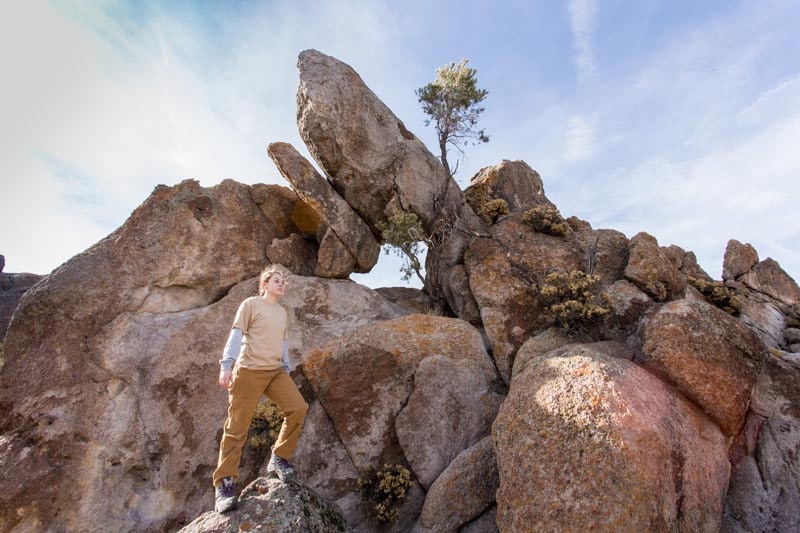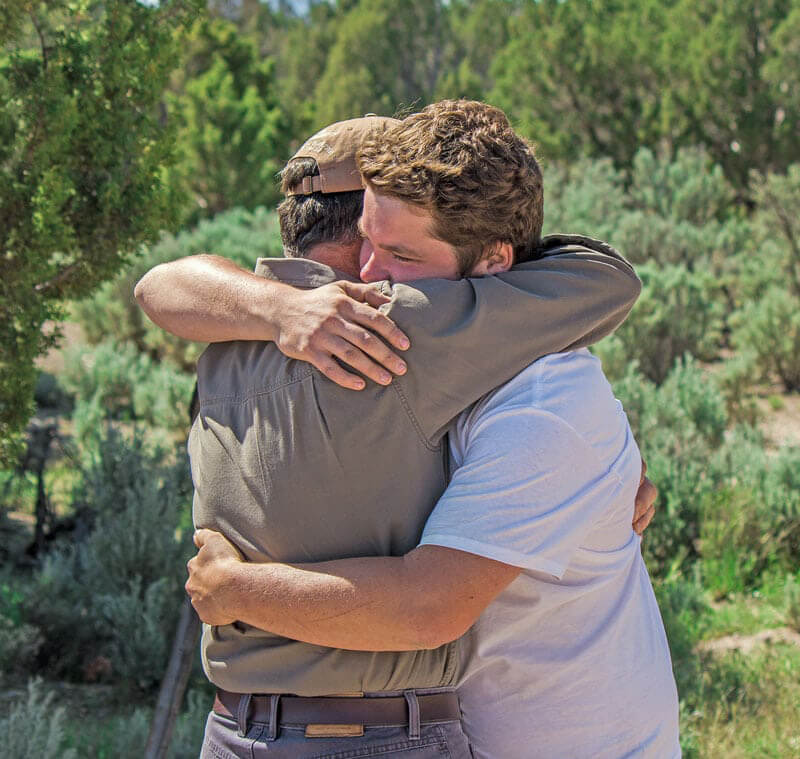Parent Involvement at RedCliff Ascent
Parents play an active role in the treatment process. They are directly involved in developing treatment plans and presented with new therapeutic opportunities.
At RedCliff Ascent, young people attend both individual therapy sessions and group therapy. They also experience weekly family therapy sessions. This professional guidance helps teens and their families to come together while they are physically distant.
Leaving behind everything familiar breaks teens from all of their patterns of behavior. In an entirely new environment, it becomes difficult to fall back on unhealthy behaviors. They are inspired and provoked by novel stimuli. More often than not, entering a novel environment helps teens to re-engage in healthy psycho-social development.
Learn More:
Wilderness Setting Promotes Change in Family Dynamics
Wilderness Therapy does not focus solely on developing disciples like many boot camp programs. It also does not focus on playing games and other activities like adventure therapy programs.
Instead, young people spend most of their time in a wilderness environment. Their wilderness experience focuses on learning and mastering a variety of skills essential for survival in the wild which they can later adapt and apply to everyday life. This focus on mastery is life-changing for many teens. They develop the skills they need to meet their own physical and emotional needs.
Staff members help teens to develop life and survival skills. Teens practice these skills until they become second nature. As teens develop these skills, they gain confidence and self-respect.
Teens gain a sense of self-efficacy. The confidence and sense of personal responsibility that teens earn through hard work stay with them long after returning home.
Parents cannot fail to notice the change in family dynamics. When teens learn new coping skills and self-efficacy, then the entire family benefits.
Family Therapy at RedCliff Ascent is Different
Family therapy at RedCliff Ascent is different from other wilderness treatment programs. Young adults, adolescents, and their family members take part in a unique treatment called Wilderness Narrative Family Therapy.
While young people participate in experiential education activities in Utah's high desert, they meet with family members via narrative writing assignments and letters at least once a week. These therapy sessions focus on repairing family systems. Teens, parents, and others examine family dynamics. They look at what is and is not working in their family system.
Often families have stories about why some family members are struggling. Sometimes, these are victim stories that focus on placing blame. Wilderness Family Narrative Therapy focuses on not finding victims or heroes. Instead of looking at any one person as being the problem, situations are reframed so that problems are the problem. Rather than being in adversarial positions, family members become team members. They use teamwork to solve problems together.
Additional Reading:

What Happens After Treatment?
Wilderness therapy is a transformative experience for teens and their families. Parents and guardians can witness some of these changes during the graduation ceremony.
During this ceremony, families and teens reunite and celebrate the growth they have experienced.
However, the graduation ceremony does not mean that treatment is at an end. Some teens return home and receive treatment in their community. Other teens move on to less restrictive programs.
Regardless of what happens, teens who have completed wilderness therapy are primed to make more significant therapeutic progress in less time than those who took part in other forms of treatment.

Every teen’s strengths and challenges are different. Complete the no-obligation assessment below to help us understand your family’s needs.
We respect your privacy. We will not share your information.
We’re here to help - take the first step and contact us to see if wilderness therapy could be the path to healing for your family.

